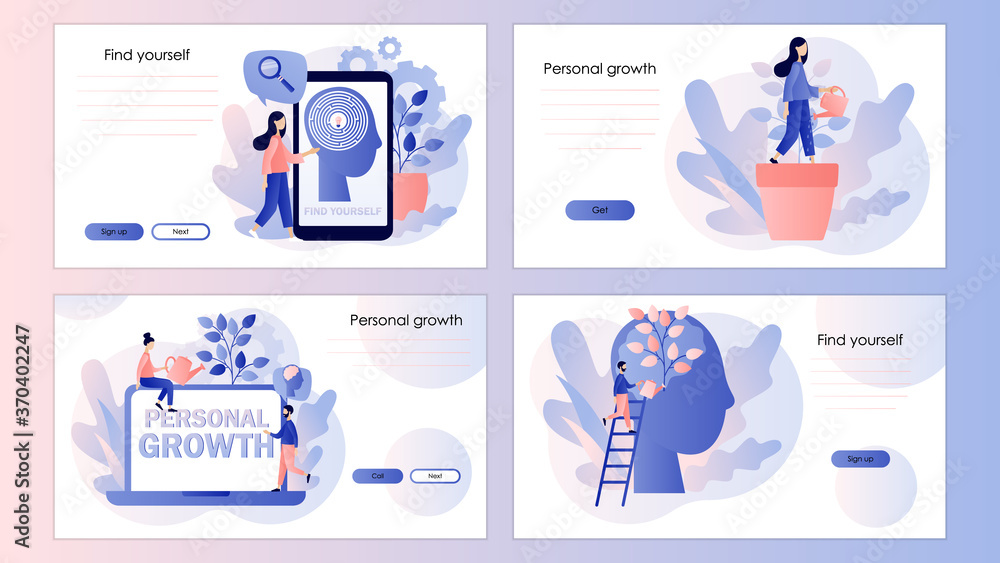The Ultimate Guide to Personal Budgeting
Welcome to the ultimate guide to personal budgeting, where you will learn valuable strategies to take control of your finances. A personal budget serves as a roadmap to help you manage your income and expenses effectively, allowing you to achieve your financial goals and live a more secure and fulfilling life.
Understanding Personal Budgeting
Importance of Personal Budgeting
Personal budgeting is a crucial financial management tool that empowers individuals to make informed decisions about their money. It provides a clear picture of your financial situation and enables you to plan for both short-term and long-term goals.
Setting Financial Goals
The first step in personal budgeting is to define your financial goals. Whether you aspire to pay off debt, save for a down payment on a house, or retire comfortably, establishing clear objectives will guide your budgeting process.
Tracking Income and Expenses
To create an effective personal budget, you need to understand your income and expenses. Track your income from various sources and categorize your expenses into fixed (e.g., rent, mortgage) and variable (e.g., groceries, entertainment) to gain insights into your spending habits.
Creating a Personal Budget
Assessing Your Financial Situation
Before creating a personal budget, evaluate your current financial situation. Calculate your total income, existing debts, and savings. Understanding your financial standing will help you make informed decisions while allocating funds in your budget.
Determining Fixed and Variable Expenses
Identify your fixed expenses, which remain constant each month, and your variable expenses, which fluctuate. Fixed expenses may include rent, utilities, and loan payments, while variable expenses encompass groceries, dining out, and transportation.
Allocating Income to Different Categories
Once you have determined your fixed and variable expenses, allocate your income to different categories accordingly. Ensure you prioritize essential expenses while leaving room for savings and discretionary spending.
Creating a Budget Plan
With the information gathered, it's time to create a budget plan. Utilize budgeting tools such as spreadsheets or budgeting apps to outline your income, expenses, and savings goals. Set realistic targets that align with your financial objectives.
Managing Expenses Effectively
Differentiating between Wants and Needs
To stay within your budget, it's crucial to differentiate between wants and needs. Focus on essential expenses that are necessary for your well-being and financial stability, while cutting back on discretionary purchases.
Cutting Back on Unnecessary Expenses
Identify areas where you can reduce expenses. Consider alternatives or cost-saving measures for everyday expenditures like dining out, entertainment, and subscription services. Small adjustments can have a significant impact on your budget.
Prioritizing Debt Repayment
If you have outstanding debts, allocate a portion of your budget to debt repayment. Prioritize high-interest debts first, such as credit card balances or personal loans. As you pay off debts, reallocate those funds towards savings or investments.
Saving for Emergencies
Building an emergency fund is essential for financial security. Allocate a portion of your budget to savings, specifically for unexpected expenses or emergencies. Aim to save at least three to six months' worth of living expenses.
Investing in the Future
Beyond emergency savings, allocate funds in your budget for long-term goals like retirement or education. Explore investment options that align with your risk tolerance and financial aspirations. Consult a financial advisor if needed.
Tracking and Reviewing Your Budget
Implementing a Budgeting System
Once you have created a budget, establish a system to track your income and expenses. This can be as simple as using a notebook or utilizing budgeting apps that automatically categorize your transactions.
Recording Income and Expenses
Consistently record your income and expenses to stay on top of your budget. Regularly update your budget with accurate information to ensure you have a clear understanding of your financial progress.
Analyzing Budget Performance
Periodically review your budget to assess how well you're sticking to your financial plan. Analyze your spending patterns, identify areas for improvement, and celebrate milestones achieved. Adjust your budget as needed to stay on track.
Making Adjustments as Needed
Life is dynamic, and your budget should be flexible to accommodate changes. If you encounter unexpected expenses or a shift in income, adjust your budget accordingly. Remember to always prioritize your financial goals.
Strategies for Successful Budgeting
Automating Payments and Savings
Automate bill payments and savings contributions to ensure you never miss a due date or forget to save. Setting up automatic transfers to separate accounts streamlines your budgeting process and promotes consistent saving habits.
Using Technology and Budgeting Apps
Take advantage of technology to simplify your budgeting journey. Numerous budgeting apps offer features like expense tracking, budgeting templates, and financial goal setting. Find an app that suits your needs and helps you stay organized.
Practicing Discipline and Self-Control
Budgeting requires discipline and self-control. Be mindful of your spending habits, and resist the temptation to overspend or deviate from your budget. Keep your financial goals in mind and stay committed to achieving them.
Seeking Professional Advice
If you feel overwhelmed or uncertain about managing your finances, consider seeking professional advice. Financial advisors can provide personalized guidance based on your unique circumstances and help you make informed financial decisions.
Overcoming Budgeting Challenges
Dealing with Irregular Income
If your income fluctuates, managing a budget can be challenging. Establish a baseline by calculating your average monthly income over a specific period. Prioritize essential expenses, and create a separate category for irregular income to maintain stability.
Managing Unexpected Expenses
Life is full of surprises, and unexpected expenses can throw your budget off track. Build an emergency fund to prepare for unforeseen circumstances. Adjust your budget as necessary to accommodate these expenses without sacrificing your financial goals.
Staying Motivated and Persistent
Budgeting is a long-term commitment. Stay motivated by regularly reviewing your progress, celebrating milestones, and visualizing the rewards of your financial discipline. Surround yourself with supportive individuals or join online communities to stay inspired.
Avoiding Impulse Purchases
Impulse purchases can quickly derail your budget. Before making a non-essential purchase, pause and evaluate its importance and alignment with your financial goals. Implement a cooling-off period to reduce impulse buying and prioritize thoughtful spending.
Benefits of Personal Budgeting
Financial Stability and Security
A well-executed personal budget provides financial stability and security. By managing your income and expenses effectively, you can pay bills on time, avoid unnecessary debt, and build a strong financial foundation.
Debt Reduction and Elimination
Budgeting helps you prioritize debt repayment. By allocating funds specifically for debt reduction, you can systematically eliminate debts and save money on interest payments. Over time, this approach leads to improved financial health.
Building Wealth and Saving for Goals
With a budget in place, you can allocate funds towards savings and investments. Consistent saving allows you to build wealth over time, whether for retirement, education, or other significant financial goals.
Improved Financial Decision-Making
Budgeting provides a clear understanding of your financial situation and spending habits. Armed with this knowledge, you can make informed decisions about your money, evaluate opportunities, and avoid impulsive choices that may negatively impact your finances.
Closure
Creating and maintaining a personal budget is the key to achieving financial success. By understanding your income, tracking expenses, and making informed decisions, you can take control of your finances and work towards your short-term and long-term goals. Remember, budgeting is a continuous process that requires discipline, flexibility, and a long-term perspective.

:max_bytes(150000):strip_icc()/the-5-top-home-decor-and-design-trend-predictions-for-2023-1222-2000-a4208c3bb0d64283bb55baf9c7a0dfd6.jpg)







 English (US) ·
English (US) ·